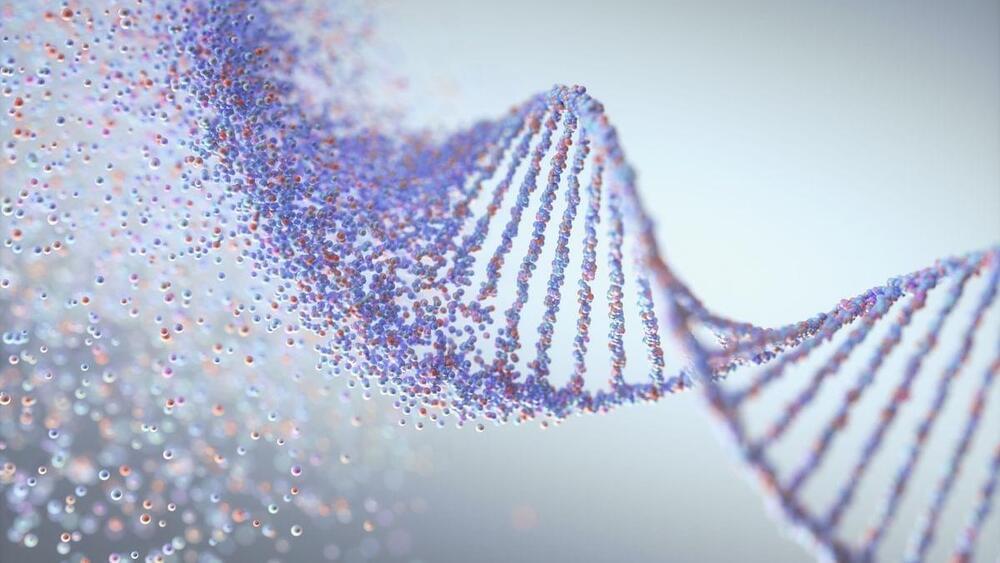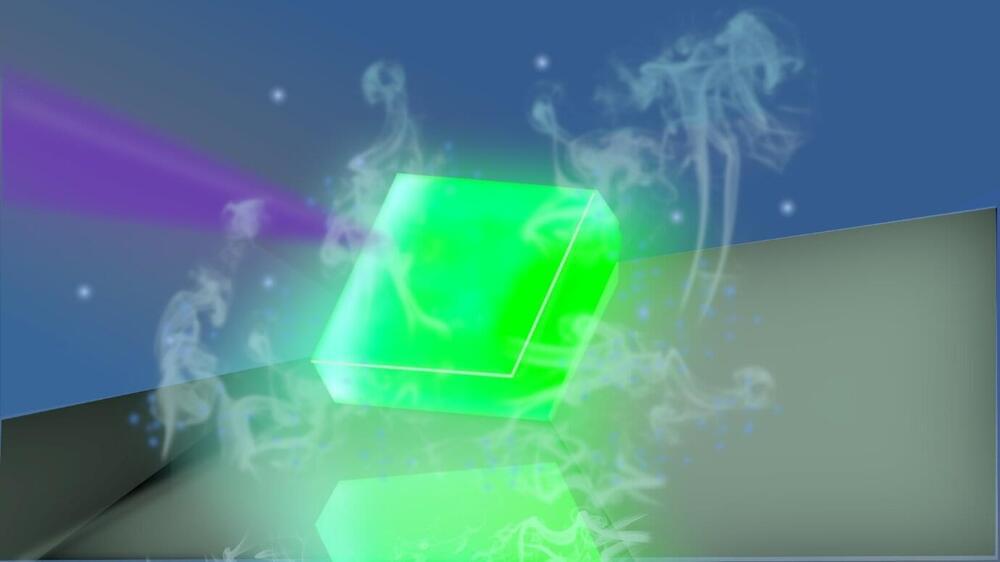Bluesky has apparently become such a successful X-formerly-Twitter alternative that even Mark Zuckerberg is anxiously taking notice. At this rate, the social site could potentially outpace Threads — and Meta clearly isn’t happy.
“The race to replace Twitter has accelerated,” Jasmine Enberg, a principal analyst at the market research company eMarketer, told The Washington Post. “Threads has been the de facto home for many displaced [X-formerly-Twitter] users, but the surge of new users to Bluesky after the election has upped the competition.”
X-formerly-Twitter, the giant in the space, has something like 300 million active monthly users — a number that’s been plummeting ever since Elon Musk acquired the site in 2022, opening up room for a proliferation of new challengers.








